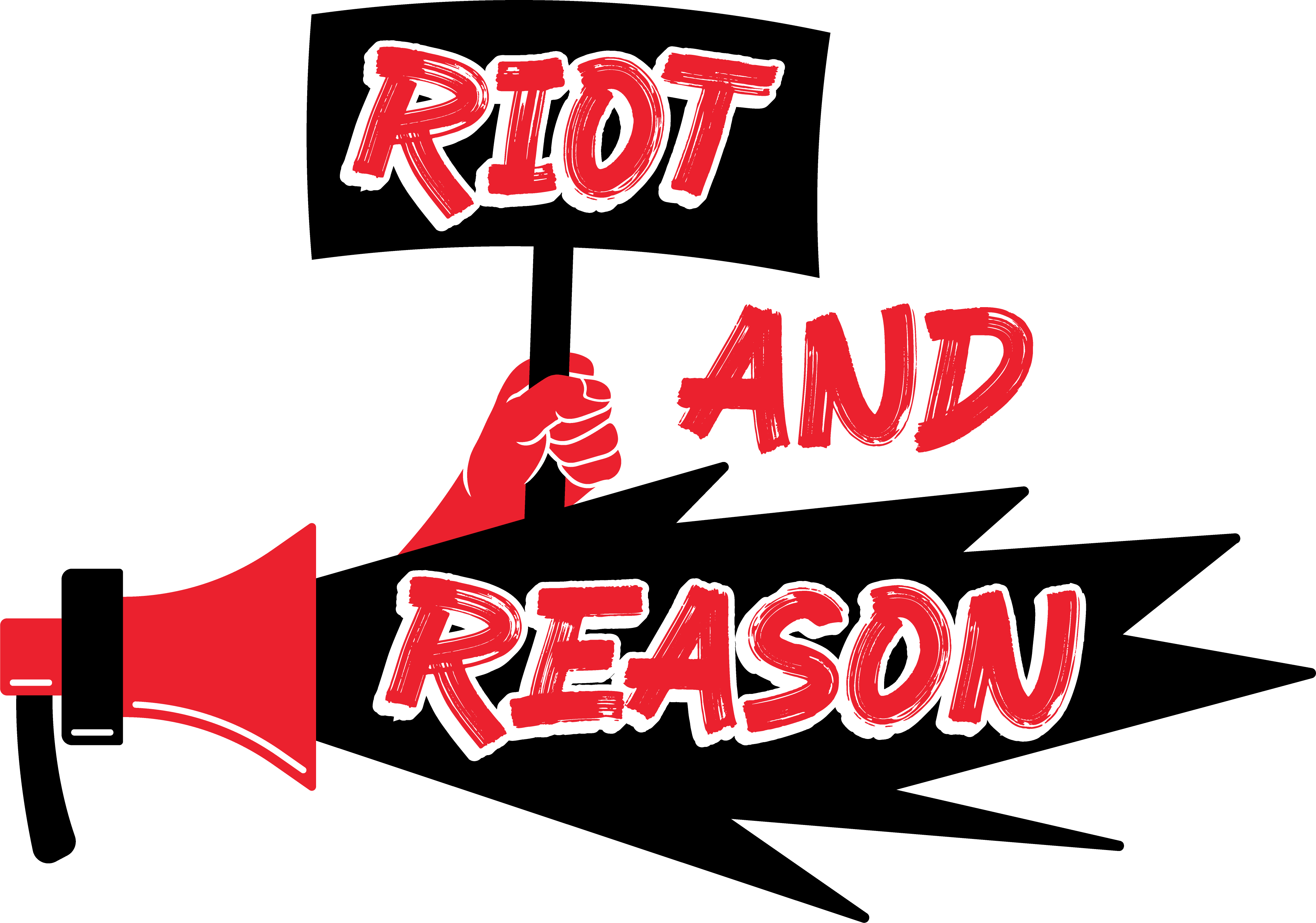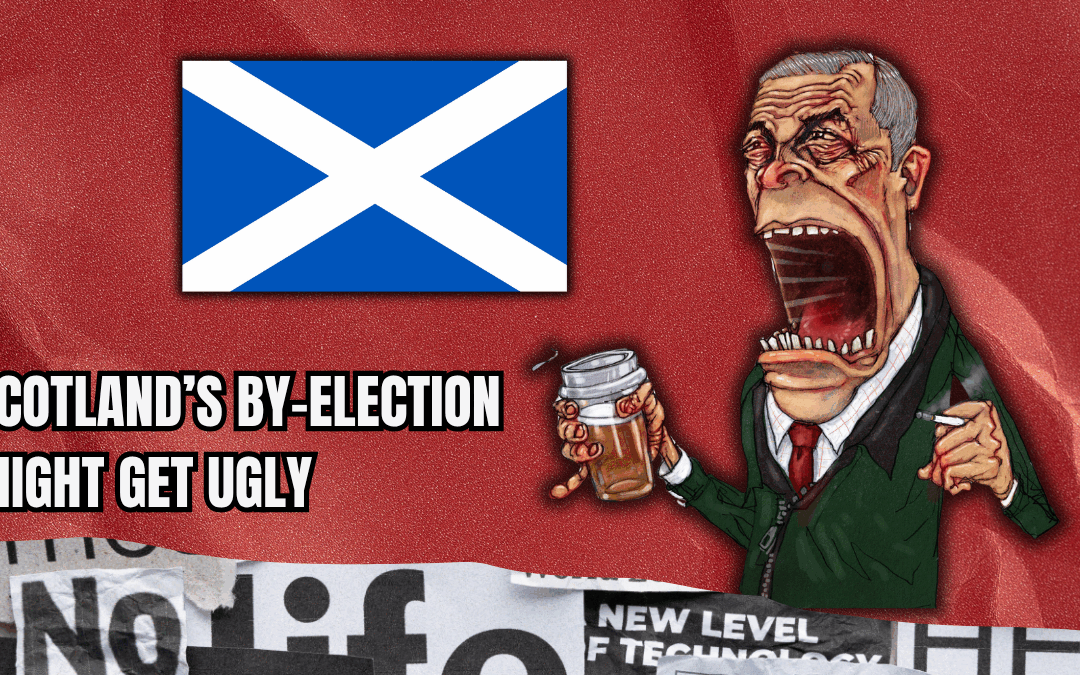
‘Healthier lifestyle choices are a must’. No, this is not another insufferable gym bro eating off a wooden chopping board, but rather the message given by Boris Johnson, the clueless cake eater at an illegal party. Under his stellar leadership, plastering calories on menus became the law for most food and drink businesses in England. But in a failed bid to tackle obesity, what benefits does this number shame game actually bring?
Content warning: This article discusses dieting, eating disorders and body image. If you’re struggling or feel triggered by this topic, please consider whether reading on is right for you today.
“Are you really going to order that?” Eating out with friends, I would commonly hear this. Yes, I do opt for lemon and herb seasoning at Nando’s – and even that has a bit of a kick. And call me basic, but a chicken katsu curry from Wagas is a firm favourite. But for the past three years, this question hasn’t come from p*ss-taking mates, but my own head, fixating on numbers I don’t even fully understand next to my apparently not-so-tame orders. As someone who has always been a healthy weight, I know I am not the target audience of this tick-box exercise. But why am I now leaning towards a grilled chicken ramen solely because it has under half the calories of my beloved katsu?
Sadly, I know I’m not alone with this internal restaurant reasoning. Although statistics show that the calorie labelling has done little to change people’s food choices (good work, Boris), the mental weigh ups when ordering these dishes are harder to stomach. One fellow victim of this menu madness is Robyn Probert, 30, who shares her eating habits and lifestyle choices to over 20 thousand TikTok followers, which has accumulated 2.5 million likes. She says: “At times, seeing the calories has probably put me off going out to eat altogether. A few years ago I would get a lot of anxiety if people would ask to go out for dinner and I’d already eaten out that week because I knew how calorific everything was. It definitely gives me food guilt having the higher calorie option and I’m much less likely to get it. Instead, I’ll probably get the food I might enjoy less because it feels like the ‘right choice’, when in reality it wouldn’t hurt to have the higher calorie option.”
So here was the government’s hot take on all this: the calorie labelling policy ‘will help to ensure people are able to make more informed, healthier choices when it comes to eating food out or ordering takeaways’. But can anyone explain what healthy food actually means? Jane Brealy, a registered nutritionist and PHD student who has written a research article on the impact of calorie labelling and eating disorders, certainly can. She says: “Calories alone do not tell the whole story. They overlook important factors like macronutrient balance. However, when we are trying to measure energy consumption, and potentially reduce overconsumption, a knowledge of calorie requirements and calorie content can be a useful tool for some people. But a hyper-fixation on these values can lead to food choices that do not match hunger levels or desires. It’s important to note that simply knowing the calorie content of a food doesn’t always translate into healthier choices. Other factors, such as portion sizes, food quality, and individual nutritional needs should also be considered.”
And let’s be honest, after a rough day, a crispy chicken salad from Maccies is never going to satisfy me like a cheeseburger. And even if that did tickle my pickle (which WILL be removed from my order), the 21 calorie difference is hardly going to be life changing. The first bite of said burger, however, may be a different story. But how does this affect those who actually want to be calorie conscious? Libby Levin Smith, 28, better known as ‘Loose It With Lib’, also posts food and lifestyle content online. Sharing her weight loss journey, primarily through being in a calorie deficit, she says: “Tracking calories is not always easy and I often wonder if I’m letting it consume me. However, I do enjoy food regardless of its calories and would never restrict myself from eating what I love.
“I find seeing the calories makes eating out more manageable. I have less anxiety about the food I’m eating when I know the calorie information. As someone who has struggled with their relationship with food in the past, I do actually find calories useful. They help me know more about the food that I am eating. Some meals at restaurants can have an excessive amount of calories, and for me it’s not always worth it.”
Now let’s be clear – I’m not trying to promote unhealthy eating habits of any kind. Of course, fuelling our bodies properly should be done for the most part. “The macro and micronutrient content of food is a helpful way for researchers to approach diets. A variety of food groups, vitamins, minerals, fiber, protein and healthy fats are essential for overall health,” says Jane. “Many cheaper foods are high in fat, salt and sugar and thus difficult to consume in small amounts, and these foods are frequently marketed to us. But satisfaction from food should also be considered in your choices.”
The government estimates that overweight and obesity-related conditions cost the NHS £6.1 billion each year. Admittedly, this is a staggering cost to our already broken healthcare system. So on your deathbed, be thankful you skipped those 21 extra calories in the burger. Afterall, as long as you’ve saved the NHS some money, your feelings around food appear to be irrelevant. But in reality, the physical and emotional price of food itself should get more attention. “Obesity is a complex problem that goes way beyond what people choose to eat out-of-home,” says Jane. “It’s not just about calorie intake – the modern obesogenic environment means that we are surrounded by food that is easy to access, and often large in portion size as well as high in calories. Calorie labelling alone will likely have a modest impact on food choice. Alternative options could include the use of fiscal policies such as reducing the cost of healthier foods, potentially subsidised with increasing the cost of less healthy options.”
Before our menus were vandalised, I had always considered myself to have a good relationship with food. I ate for enjoyment, to socialise with my seemingly more mature-palleted friends, and to relax. Day-to-day, I make healthy choices, but I always enjoyed eating out guilt-free. For Robyn, these calorie concerns have been a much bigger issue. “I started becoming more aware of calories when I was around 12 years old because I was slightly overweight. I was never skinny, and I was very aware of that. I started looking up how many calories were in things and it made me really aware,” she says. “By the time I was 15, I knew how many calories were in basically anything that I ate. I had become quite obsessive about it. I would constantly be losing weight and gaining weight because I would go through cycles of undereating and then bingeing.”
These unhealthy relationships with food are not uncommon when focusing on calories. Jane says: “Calories on menus can lead to a hyper-fixation on these values, meaning people might feel anxious, stressed, guilty. Calorie-free menus should also be provided to allow people with eating disorders to eat out with freedom, and without leading to eating disorder relapse.”
So if I’ve experienced some of these impacts, am I unwell? BEAT, the UK’s leading eating disorder charity, claims that anti-obesity measures like this increase harm caused to those at risk of developing an eating disorder, may worsen disordered eating behaviours for those already diagnosed, and fuels weight stigma. For Robyn, she has experienced all of the above. “Calories definitely demonise certain things. I think you see that in a lot of the comments on videos of people when they go out to eat, and it’s only ever under a bigger person’s video, where people comment on the amount of calories in their meal. It’s now become the first thing people think of when they see certain food items,” she says.
“I understand if I was visibly bigger, I would be getting a much worse response and it would have a worse effect on me. There’s a lot of hatred towards overweight people. I think a big part of the judgement is men becoming more aware of calories and we’re seeing it a lot in the ‘gym bro’ culture. The more people see calories, the more ammunition they have to shoot at people if someone is eating something higher in calories. This focus leads to more people becoming fatphobic.”
Maybe I fall into the first category given by BEAT, and it took ordering a lime Dorito meal from Taco Bell for me to realise… With this leaving a sour taste in my mouth, Jane says: “Eating out can be part of a healthy relationship with food. Try to listen to hunger and fullness cues and not be overly restrictive about food choices. I would say to remember that if you eat out once a week then this is one meal out of 21 eating occasions throughout the week. Choose what you would genuinely like to eat in the moment. Moderation is key.
“The decision to display calories on menus has its place as one of many strategies that should be used. Other policy interventions such as further restrictions on marketing and promoting less healthy foods could also be effective. Government policies should be across all systems to make it easier and cheaper for people to be physically active, ensuring everyone, no matter their income level, has access to affordable, nutritious food.”
So next time I treat myself to a meal out, I want to make sure it is exactly that: a treat. I will choose something that will satisfy me and a set of numbers won’t change that. There are some (limited) benefits to forcing calories on the public. But the real problem isn’t the number of calories in a meal – it’s the system we’re stuck in, where social and economic factors and mental health play a far bigger role in our eating habits. For now, I’ll try to go back to paying the old price of eating out – listening to my mates’ commentary instead of the calories. Meals out shouldn’t be moral choices, otherwise we’re all footing the bill.
If you or someone you know is struggling with an eating disorder or disordered eating, you are not alone. There is help available:
Beat Eating Disorders
Website: www.beateatingdisorders.org.uk
Helpline: 0808 801 0677 (daily, 9am-midnight)
Youthline: 0808 801 0711







